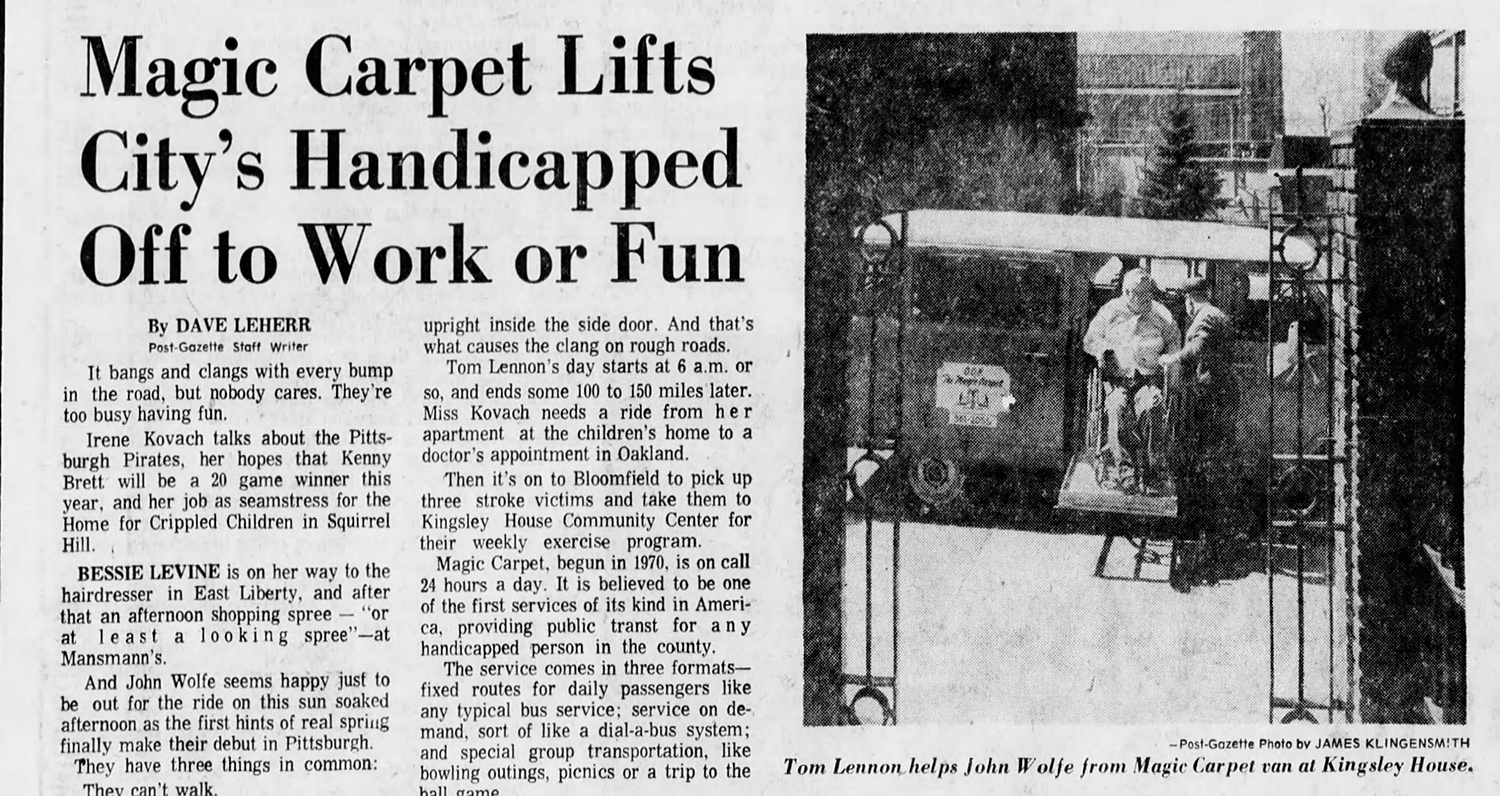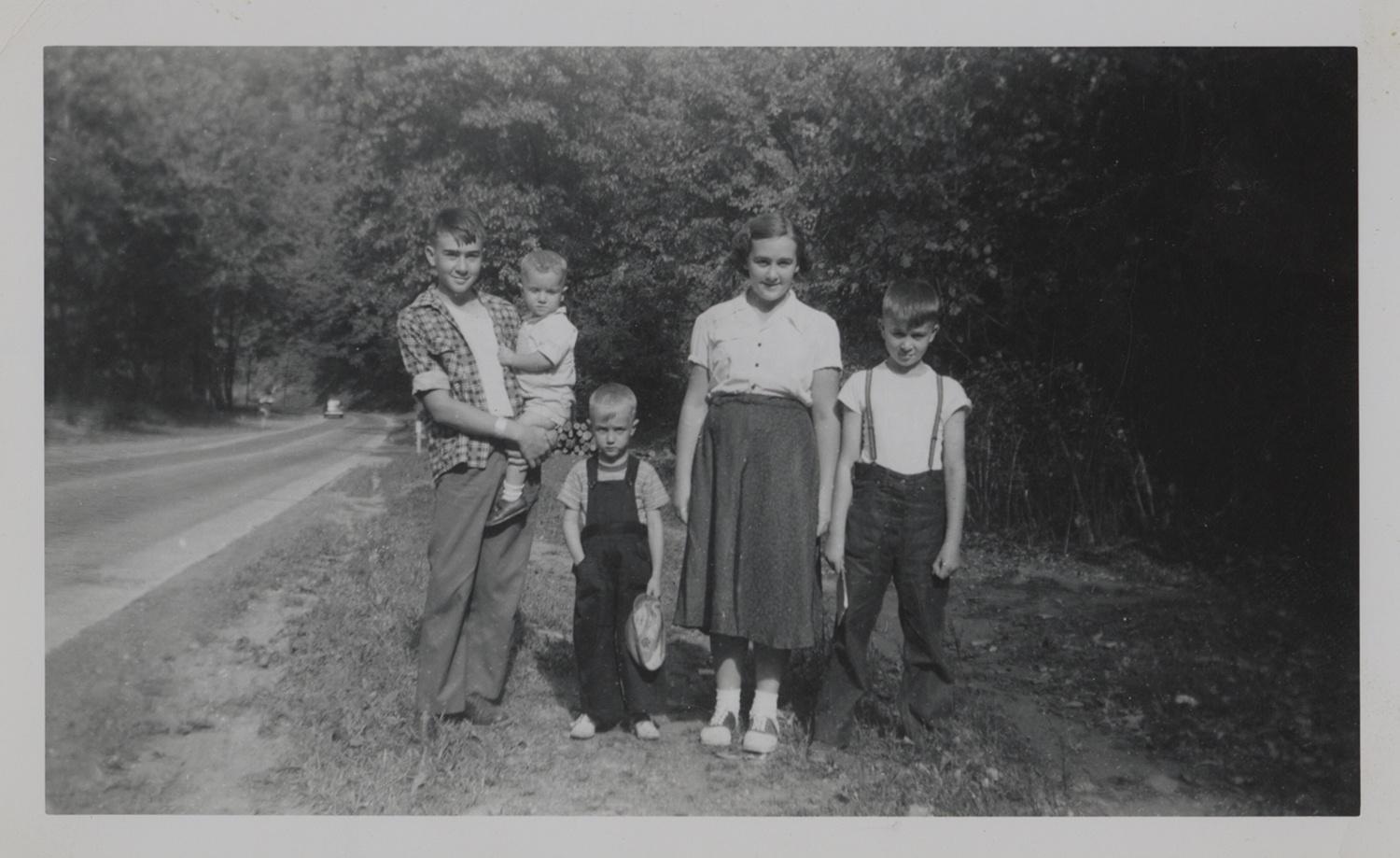
Until the 1970s, all means of public transportation in Pittsburgh and Allegheny County were inaccessible to people with disabilities. This bleak fact, when combined with a lack of curb cuts and countless other architectural obstacles, presented a nearly insurmountable barrier to people with disabilities pursuing education, employment, and greater autonomy. Faced with these challenges, disability rights advocates in Western Pennsylvania relentlessly worked with local government and policy leaders to build a more accessible public transportation system.
Paul Dick is one such advocate.
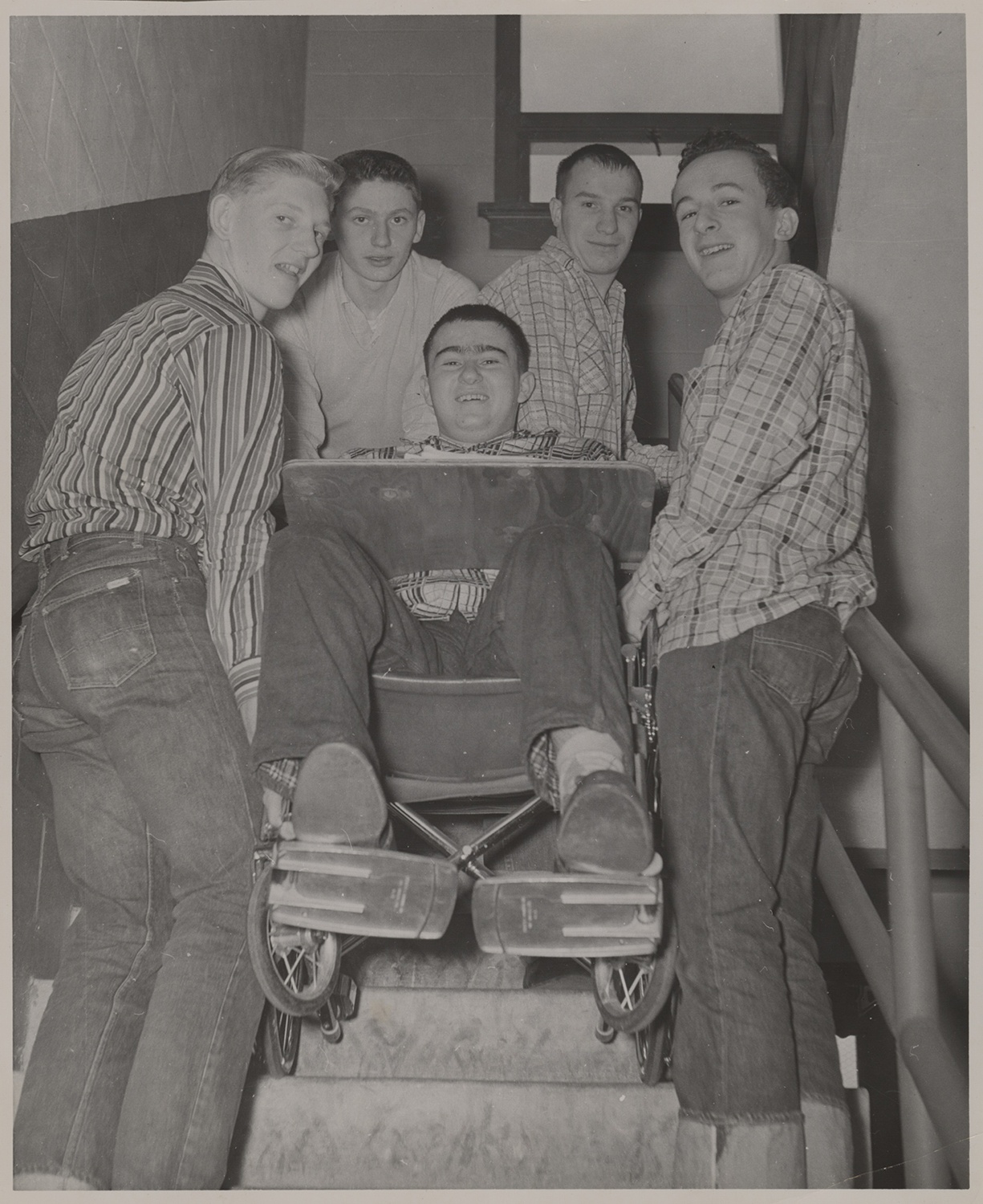
A native of Claysburg in Blair County, Paul Dick regularly pitched in on the family farm as one of six siblings. He enjoyed fishing and stoked what would become a lifelong passion for the Pittsburgh Pirates. In 1954, Paul was diagnosed with polio at age 14. At first totally paralyzed, Paul spent 10 days in an iron lung. Through hard work, treatment, and the support of his local community, Paul regained the ability sit up in a wheelchair. He returned for his last two years of high school, earning stellar grades and vaulting himself to senior class vice president. Classmates lifted him up and down staircases of the school, which was inaccessible at the time. Unable to board the bus, Paul was reliant on rides from his father and other community members to get back and forth to school.
Attaining two full scholarships, Paul pursued a Business Administration degree from Elizabethtown College. Using one from the Pennsylvania Bureau of Vocational Rehabilitation to cover tuition, he deployed the other from the National Merit Scholarship Corporation to pay fellow students to help him get around the inaccessible campus.
Paul came to Pittsburgh for graduate school in 1963, where he grappled daily with the city’s transportation challenges. With buses inaccessible to people in wheelchairs, Paul had to rely on taxi service to get to his work at St. Francis Hospital. Finding this grossly insufficient and unsustainable for people with disabilities, Paul found allies and got to work.
With other advocates, Paul established Magic Carpet Transportation Services in 1970, a consumer-operated, non-profit paratransit service for people with disabilities in Allegheny County. Magic Carpet filled an unmet, but essential need for thousands of people with disabilities who were unable to board inaccessible buses and taxis at the time. This service consisted of vans specially equipped with hydraulic lifts to safely transport people in wheelchairs to their desired destinations. A powerful example of innovative public-private partnerships, Magic Carpet was operated by Open Doors for the Handicapped, a disability advocacy organization, and was partially funded by state and local grant and budgetary contributions.
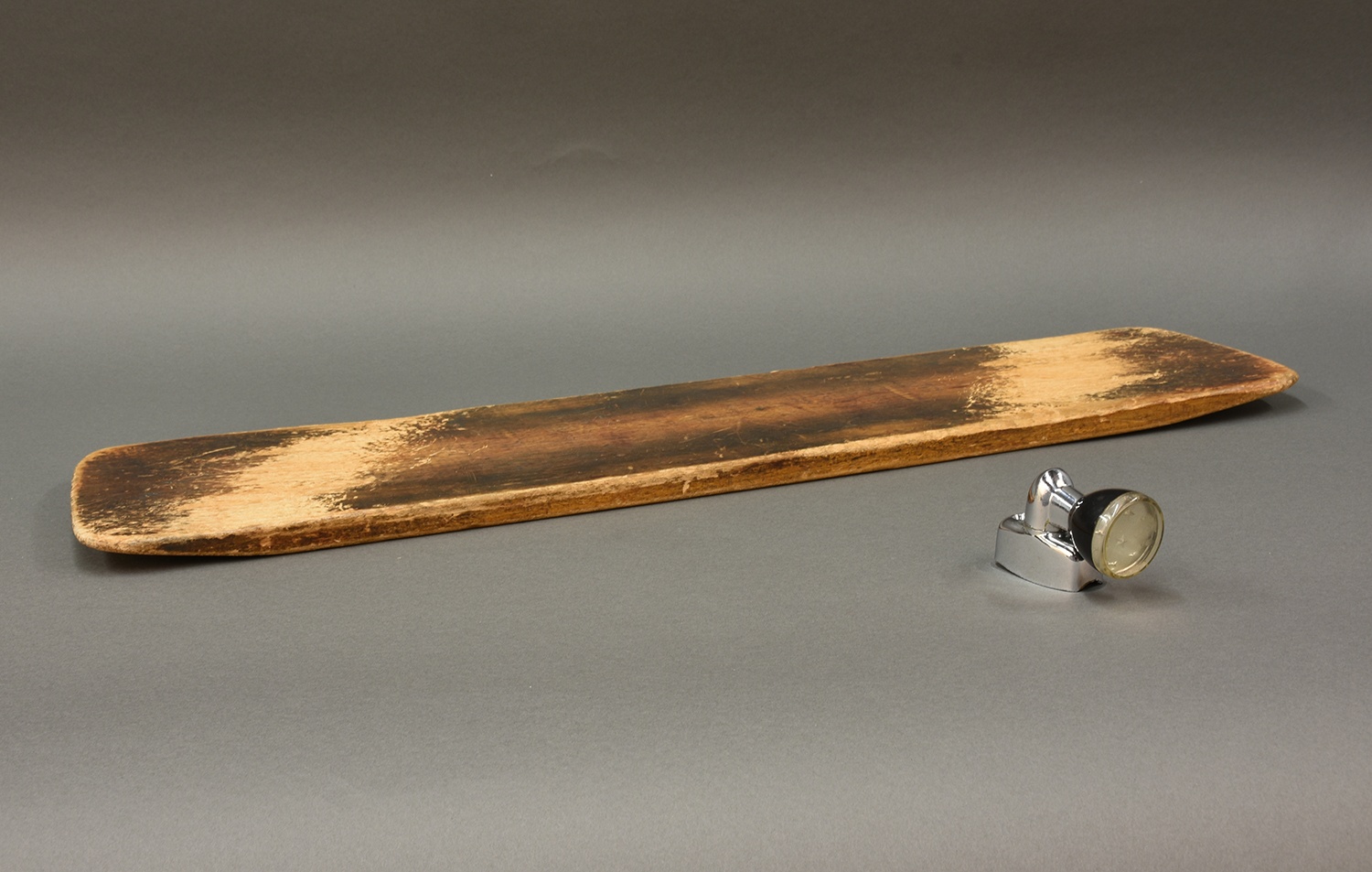
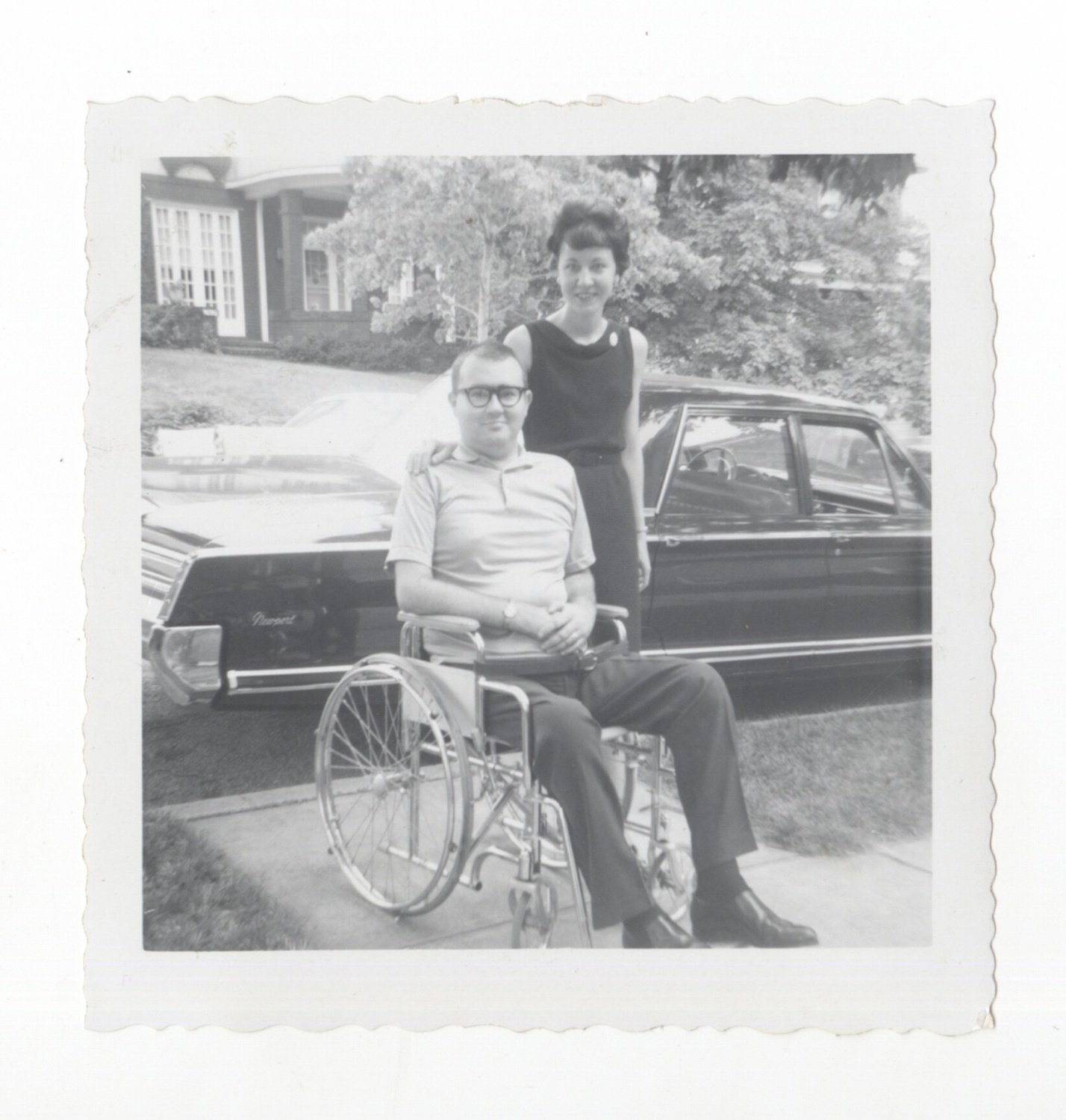
While Paul and his colleagues nurtured Magic Carpet, larger legislative forces were at work to propel further change. In 1973, the Rehabilitation Act was passed, a piece of federal legislation stipulating that public institutions (including federal agencies, public universities, and public transportation systems) receiving federal funds for their services cannot discriminate against people with disabilities. By 1978, the Port Authority of Allegheny County had taken action to comply with this legislation by forming the Committee for Accessible Transportation.
This Committee for Accessible Transportation was seminal for its inclusion of community stakeholders with disabilities. Paul, his wife Holly, and other disabled advocates worked alongside Port Authority administrators to shape an accessible public transportation system in Allegheny County. The firsthand insights and recommendations of these advocates were integral to shaping an inclusive paratransit system that served people with various disabilities. This collaboration between disabled advocates and the Port Authority, Carnegie Mellon University, and other transportation providers resulted in the creation of ACCESS, the county-run paratransit service. Launched in 1979, ACCESS remains a national model for paratransit services that today provides 1.5 million rides annually in Allegheny County.
Up until his death in 2010, Paul championed accessible public transportation for people with disabilities throughout Western Pennsylvania. In addition to contributing to the evolution and growth of ACCESS, Paul and Holly also extended great efforts to make Port Authority buses accessible. Holly continues this work as a member of the Committee on Accessible Transportation, where she regularly co-facilitates training of Port Authority bus drivers on interacting with and assisting riders with disabilities.
Sierra Green is an archivist with the Detre Library & Archives at the History Center.
